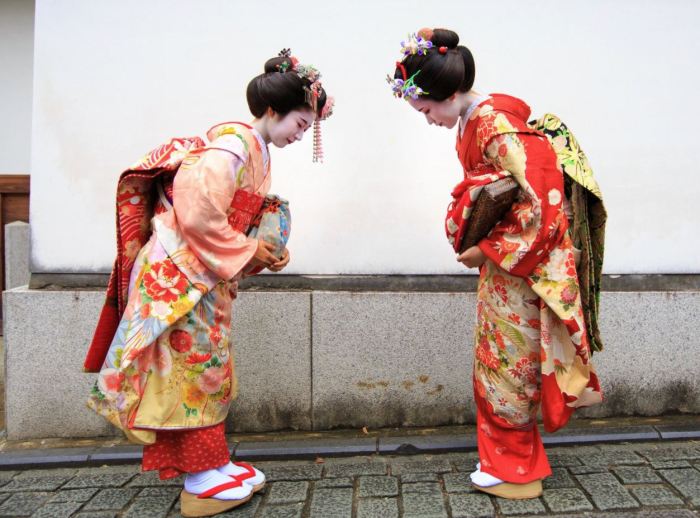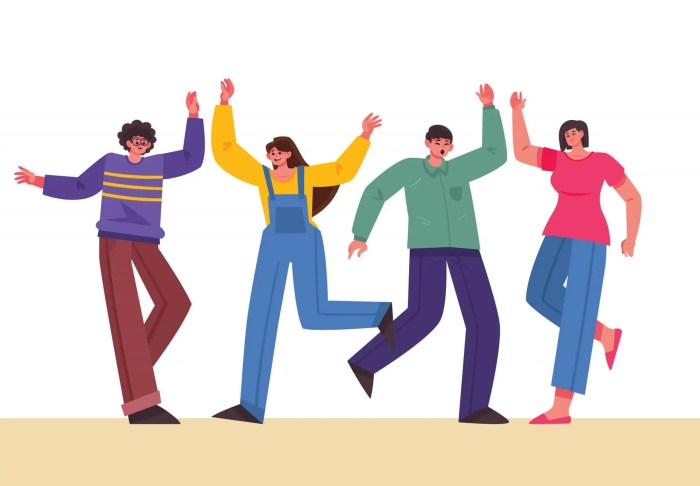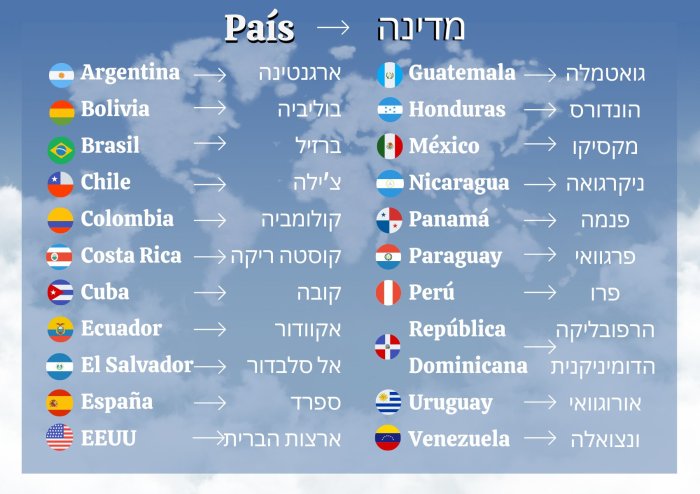Como se dice hola en yoruba? The Yoruba language, spoken by millions worldwide, is a rich and vibrant language with a unique set of greetings. In this guide, we’ll explore the origins, meanings, and cultural significance of Yoruba greetings, including the translation of “hello” into Yoruba.
The Yoruba language, spoken primarily in Nigeria and Benin, is a tonal language, meaning that the pitch of your voice can change the meaning of a word. This is especially important to keep in mind when greeting someone in Yoruba, as the tone of your voice can convey respect, familiarity, or even sarcasm.
Yoruba Language Overview

The Yoruba language is a tonal language spoken in West Africa, primarily in Nigeria, Benin, and Togo. It is the native language of the Yoruba people, who are one of the largest ethnic groups in Africa.The Yoruba language has a rich history and culture, and it has played an important role in the development of West African society.
It is a vibrant and dynamic language that is still spoken by millions of people today.
Origins and History
The Yoruba language is believed to have originated in the Niger-Congo language family, which is one of the largest language families in the world. The Yoruba people are thought to have migrated to their current homeland in West Africa from the east or northeast around 1000 AD.The
Yoruba language has been influenced by many different languages over the centuries, including Arabic, Hausa, and English. However, it has retained its unique identity and remains a distinct language today.
Geographic Distribution
The Yoruba language is spoken by over 40 million people in West Africa. The majority of Yoruba speakers live in Nigeria, where it is the second most widely spoken language after Hausa. Yoruba is also spoken in Benin, Togo, and other countries in the region.The
Yoruba language is a major language of trade and commerce in West Africa. It is also used in education, government, and the media.
Significance and Cultural Impact
The Yoruba language is a vital part of Yoruba culture. It is used in traditional ceremonies, festivals, and rituals. The Yoruba language is also a rich source of literature, music, and art.The Yoruba language has had a significant impact on the development of West African society.
It has been used to spread knowledge and culture, and it has played a role in the development of trade and commerce. The Yoruba language is a valuable part of African heritage, and it continues to play an important role in the lives of millions of people today.
Yoruba Greetings
Greetings hold immense significance in Yoruba culture, reflecting the community’s warmth, respect, and social cohesion.Yoruba greetings vary depending on the time of day, the relationship between the speakers, and the context. Some common greetings include:
Morning Greetings
- Ẹ kaàrọ̀ oo– Good morning (general)
- Ọ̀hùn rẹ́ wà?– How did you sleep?
- Ọ̀jọ́ rẹ́ dáa– May you have a good day
Afternoon Greetings, Como se dice hola en yoruba
- Ẹ kasan– Good afternoon
- Ọ̀sàn rẹ́ dáa– May you have a good afternoon
- Ìrú rẹ́ wà?– How is your day going?
Evening Greetings
- Ẹ̀gbàádì– Good evening
- Ọ̀ru rẹ́ dáa– May you have a good evening
- Irú rẹ́ nlá– How is your evening?
When greeting someone, it is customary to make eye contact, smile, and use a respectful tone of voice. Greetings are often accompanied by handshakes, hugs, or bows. The appropriate greeting to use depends on the seniority and familiarity of the people involved.Yoruba
greetings are more than just polite gestures; they are a way to show respect, establish relationships, and foster a sense of community.
Como se dice hola en yoruba? A language spoken in Nigeria and Benin. Yoruba is a tonal language, which means that the pitch of your voice can change the meaning of a word. For example, the word ” bàbá” can mean “father” or “grandfather” depending on the tone of your voice.
Yoruba is a fascinating language with a rich history and culture. Bob can do a job in 5 hours , but it would take me a lifetime to master the intricacies of the Yoruba language. Nevertheless, I am grateful for the opportunity to learn about this beautiful language and culture.
Translating “Hello” into Yoruba

In Yoruba, the language spoken by the Yoruba people of West Africa, the most common way to say “hello” is “Ẹ kú àárọ,” pronounced as “eh-koo-ah-roh.” The word “Ẹ” is a respectful way to address someone, while “kú àárọ” means “good morning.”
The pronunciation of “Ẹ kú àárọ” can vary slightly depending on the region of Yorubaland where it is spoken. In some areas, the word “Ẹ” is pronounced with a higher tone, while in others, it is pronounced with a lower tone.
The word “kú àárọ” is always pronounced with a high tone on the second syllable.
When using “Ẹ kú àárọ” to greet someone, it is important to make eye contact and smile. This shows that you are being respectful and that you are happy to see the person you are greeting.
Usage and Context: Como Se Dice Hola En Yoruba

The Yoruba greeting “hello” is typically used in informal settings between acquaintances, friends, and family members. It is considered polite and respectful to greet someone with “hello” when meeting them for the first time or when encountering them after a period of separation.
There are no significant regional or dialectal variations in the usage of this greeting. However, the tone and intonation used when saying “hello” can vary depending on the context and the relationship between the speakers.
Examples of Usage
- When meeting a friend on the street, you might say “Hello, how are you?”
- When greeting a family member at home, you might say “Hello, how was your day?”
- When encountering a stranger in a public place, you might say “Hello, can you help me find the bus stop?”
Related Vocabulary and Phrases

Yoruba greetings extend beyond the simple “hello” and encompass a range of phrases that convey respect, well-being, and social connection.
These phrases serve as verbal expressions of politeness and cultural etiquette, reflecting the importance of community and interpersonal relationships within Yoruba society.
Common Greetings
- Ẹ kú àárọ̀: This phrase translates to “good morning” and is typically used from sunrise to noon.
- Ẹ kú ọ̀sàn: Meaning “good afternoon,” this greeting is used from noon to sunset.
- Ẹ kú alé: Translating to “good evening,” this phrase is used from sunset to midnight.
- Ọjó àgbọ̀: This phrase means “good night” and is used from midnight to sunrise.
Phrases for Well-being
- Báwo ni: This phrase means “how are you?” and is used to inquire about someone’s general well-being.
- Ṣé dáadáa: Translating to “are you well?,” this phrase is a more formal way of asking about someone’s health.
- Ẹ wà lẹ́yìn: Meaning “stay behind,” this phrase is used to express well wishes and blessings for someone’s journey or undertaking.
Cultural Significance
The use of these related vocabulary and phrases in Yoruba greetings underscores the cultural values of respect, politeness, and social harmony. By exchanging these greetings, individuals acknowledge and value each other’s presence, well-being, and connection to the community.
The cultural significance of these phrases extends beyond mere words; they serve as a reflection of the Yoruba people’s emphasis on interpersonal relationships and the importance of maintaining a cohesive and supportive society.
FAQ Insights
How do you say “hello” in Yoruba?
The most common way to say “hello” in Yoruba is “Ẹ kú àárọ,” which is pronounced “eh koo ah-roh.” This greeting is typically used in the morning.
What is the cultural significance of Yoruba greetings?
Yoruba greetings are an important part of Yoruba culture. They are a way to show respect, establish relationships, and build community.
How do you respond to a Yoruba greeting?
The most common way to respond to a Yoruba greeting is to say “Ẹ kú àárọ” back. You can also add a phrase like “Bọ̀wá o” (pronounced “boh-wah oh”), which means “I greet you too.”